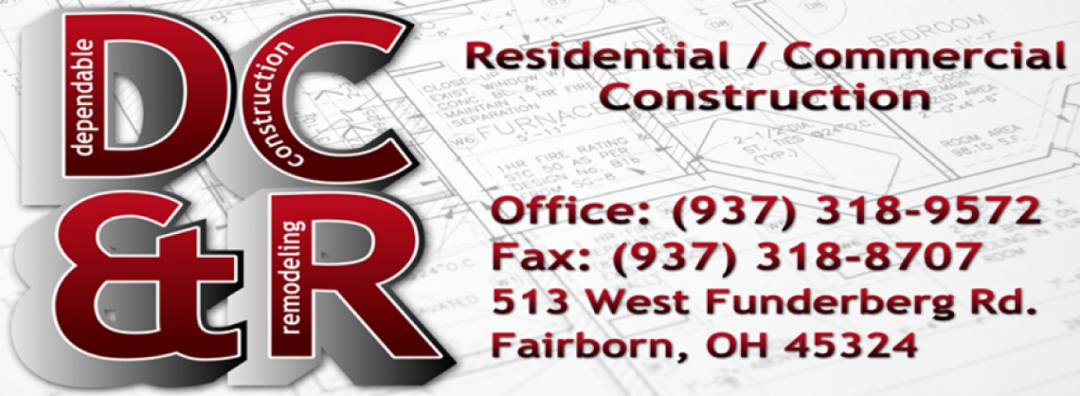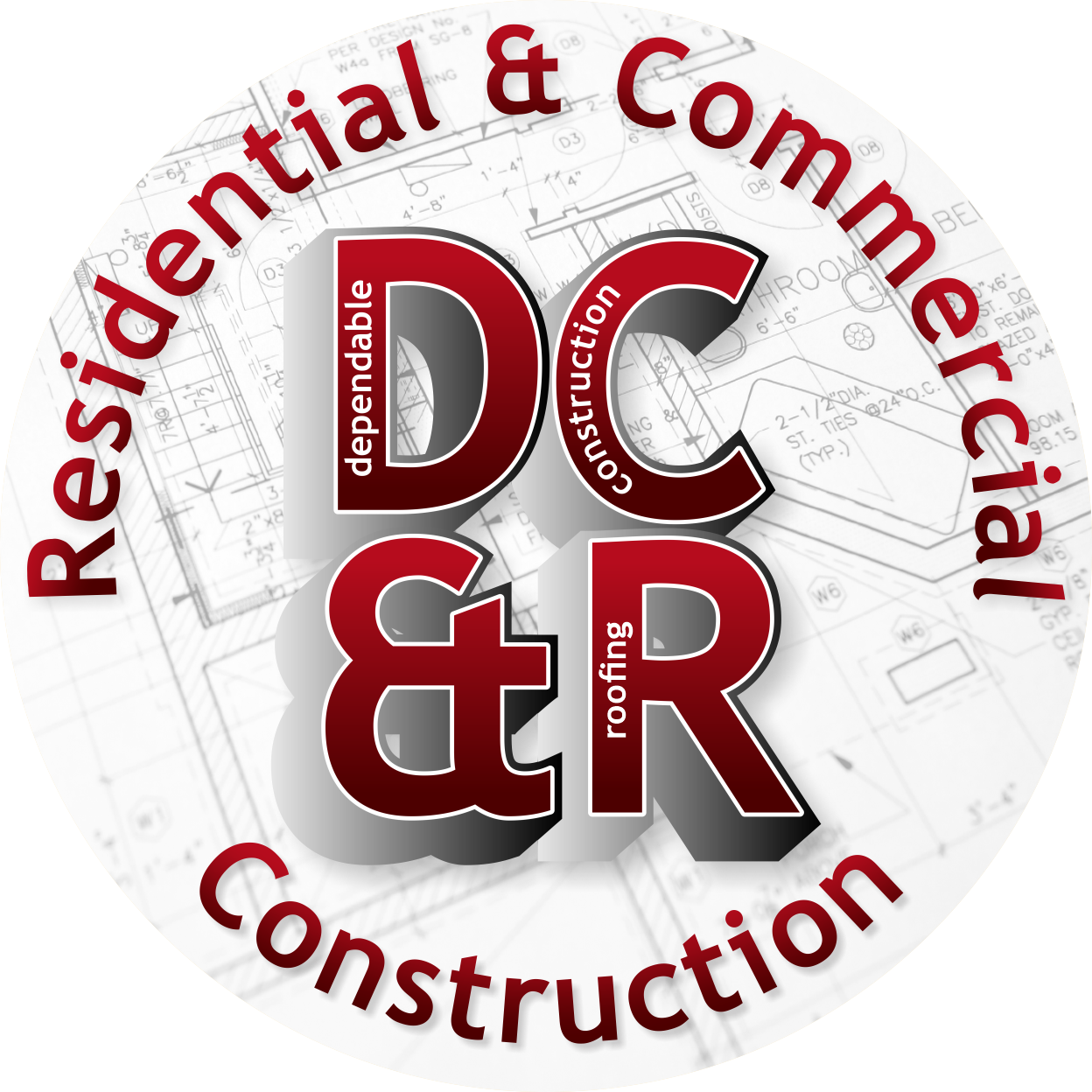Remodeling and renovating your home can add space, improve energy efficiency and make it look terrific, but will all these renovations help increase the selling price? Dependable Construction would love to sell them all, but lets look at the ones that will give you the best bang for your buck.
If your thinking of selling your home, and want to get the most out of your property with some improvement it’s important to recognize that not all improvements are created equal. Some could actually make selling your home more difficult. Now how do you tell the difference?
Improvements with the best resale value
Now some projects will add more value to your home than others. Some will only help your home sell faster. Here are some that have the best chance of raising the selling price.
Kitchens – Nothing has the potential of closing the sale faster than a contemporary kitchen. This is particularly true in older homes, where they add the most value. Just read a few real estate listings and you’ll notice how many of them mention an updated kitchen.
Bathrooms – Next to kitchens, bathroom remodels are likely to bring in good returns at the time of sale. Whether it’s a completely new bathroom or a few updated fixtures, these improvements tend to pay off nicely.
Exterior improvements – The “curb appeal” of your home is a big deal, so it’s smart to include this in your improvement plan. This usually includes new siding. Remember, while fiber cement siding is more expensive, it also brings the best return on investment. It is also important to spruce up the landscaping, particularly in the front of the home.
Windows and roofs – While they may be expensive to replace, buyers expect these to be in decent condition. These are the type of improvements that may not boost the resale value too much, but not replacing them could reduce the price significantly.
Which projects have a negative effect on resale value?
It’s hard to imagine that an improvement to your home would negatively impact its resale value, but they can. Generally, the rule is that improvements should be appealing to many different lifestyles and tastes. The more personal these choices are; the less likely they will positively affect resale value.
If you’re wondering if a project might negatively affect resale value? Here are a few general indicators.
Garage conversions – While it’s true that converting a garage can give you more living space; it probably won’t add value to your home. Most buyers would prefer having a garage.
Luxurious upgrades – No one wants to purchase the cheapest home improvements, but some of the highest-quality upgrades tend to lose value in relation to their cost. Some good examples of this include marble floors in the bathroom or high-end cabinetry in the kitchen.
Rooms that don’t fit in – Converting your back porch into a music room may be a perfect way to help your budding musician, if your dining room window now looks into the music room, it might not be well received by buyers.
Swimming pools – Having a pool might seem like the ultimate luxury to you, but when it comes time to sell it could become a liability. Parents of young children might see it as a safety hazard, and some people don’t want to be bothered with pool maintenance. A lot will depend on where you live, though. A pool in Florida will be a much bigger selling point than a pool in Wisconsin.
What else can affect resale value?
Even when you do the right projects in your home, don’t expect a guaranteed return on investment. Your changes should still conform to the other houses in your neighborhood. If you live in a neighborhood of smaller homes, yet you’ve added more space to your home, it might not pay off in resale value. People who want a few extra bedrooms are more likely to look in other developments. So keep all this in mind before you choose to start your next project and place your house on the market.




You must be logged in to post a comment.